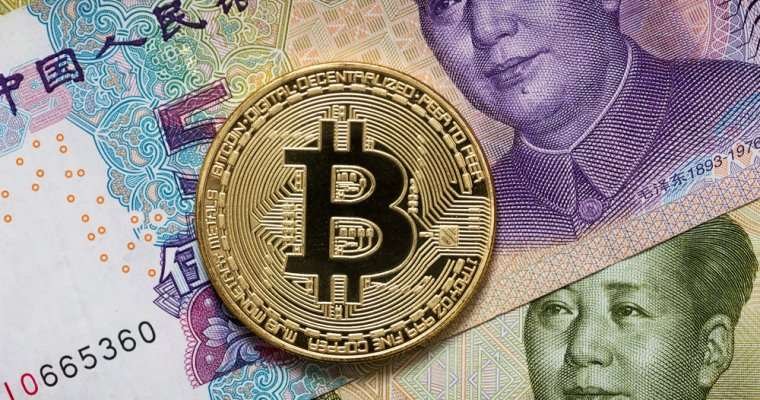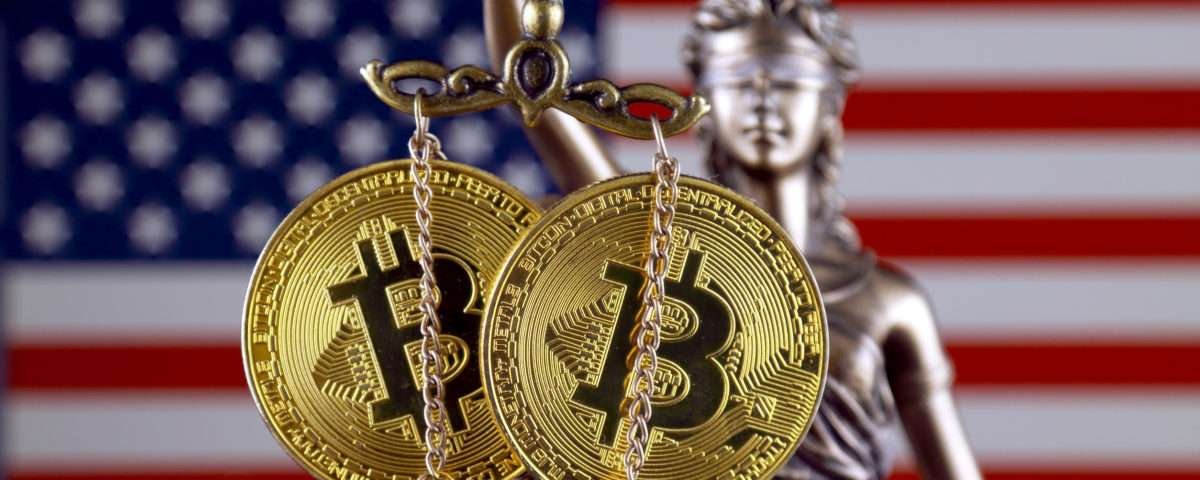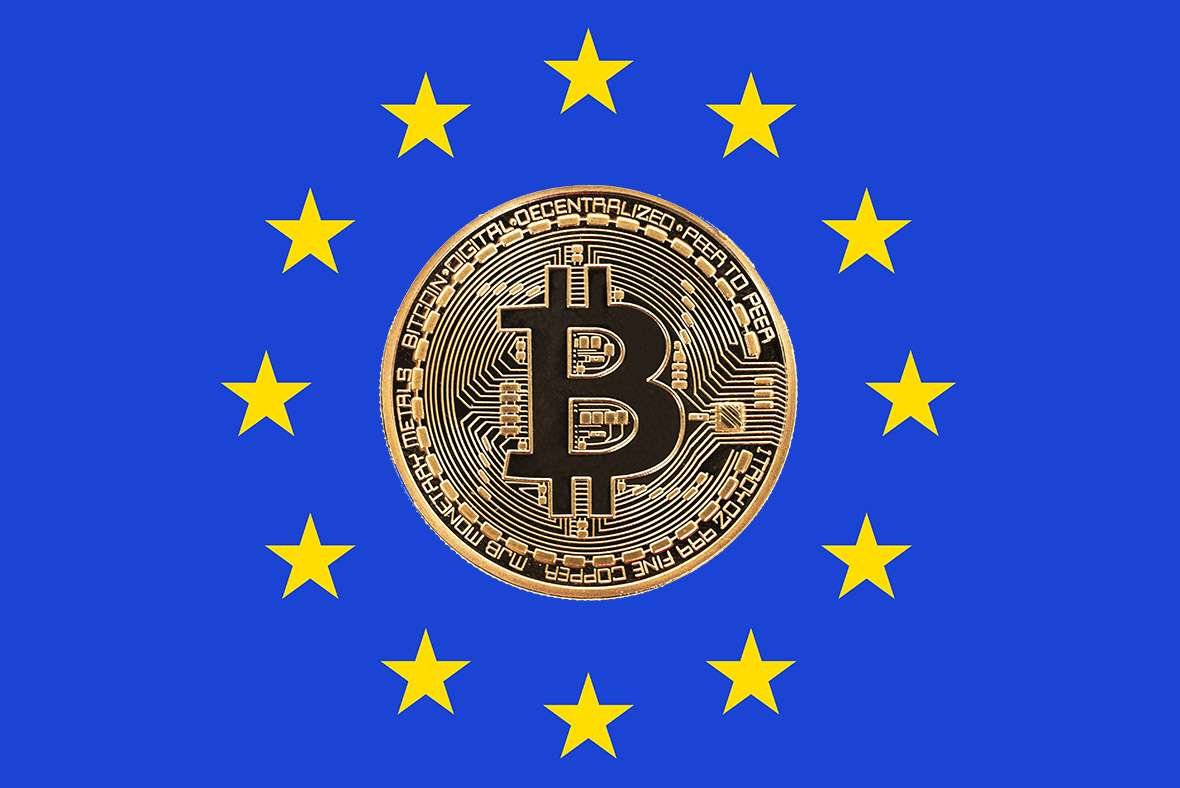
2017 was a watershed for cryptocurrency. 2018 not so much.
Over the last couple of months, governments around the world have been working to clamp down on cryptocurrency exchanges and trading ICOs (Initial Coin Offering) in a bid to protect consumers and stabilise a highly volatile market.
Similarly, Bitcoin has become synonymous with fraud, theft and Ponzi schemes – in the mainstream media at least.
The latest announcements from world governments have also prompted a decline in the value of crypto-assets.
Yet the socially-conscious paradigms public ledgers are intended to facilitate form the foundations of blockchain technology.
And public ledgers are what financial institutions fear the most.
Cryptocurrency founders feel the technology should be allowed to emerge without the interference of overburdening laws that will limit mainstream adoption, but the cryptocurrency community was never in doubt that lawmakers would impose regulations on trading ICO’s.
In all honesty, regulation is the best solution to usher cryptocurrencies into the mainstream.
However, bans on trading ICOs and the seven latest announcements from world governments have contributed heavily to the recent collapse of cryptocurrency markets.
First and foremost, government officials are questioning the legality of cryptocurrencies.
The legal status of Bitcoin varies around the world, but the official line always revolves around stemming illegal activities. The irony is that most illegal business is probably being performed by the institutions that want to abolish cryptocurrencies.
As fears grow in central banks, world governments are being pressured by the money men at the top.
The latest financial chief to voice her opinion is the CEO of the International Monetary Fund, Christine Lagarde. Regulation of cryptocurrency is “inevitable” she said.
Officials from governments around the world have been equally vociferous. But these key players could help shepherd in the use of digital tokens on a grand scale.
India: Bitcoin Is Not Legal Tender
India is the latest powerhouse to issue warnings over investing in cryptocurrencies.
Although Bitcoin is hugely popular with Indians and the country accounts for 11% of the worlds Bitcoin trade, the Indian government persistently issue warnings about the risks involved.
The latest message seems at odds with new laws that converted India into the first ‘cashless country’ in the world. Blockchain technology and the buying of digital tokens is a practical and sensible solution to solve the countries money laundering issues.
The lawmakers are dragging their feet, however.
In a speech on February 1, Finance Minister, Arun Jaitley announced Bitcoin was not considered legal tender and declared the government:
“will take measures to eliminate the use of these crypto assets in financing illegitimate activities.”
It is the fraud aspect that is troubling governments
While India is not outlawing cryptocurrencies just yet, the country’s Income Tax Department is concerned that investors are concealing profits. Yet the government is delaying its ability to introduce new laws.
Last August, the Finance Minister admitted the government has no authority to regulate cryptocurrencies. This seems odd.
In the meantime, the central bank has warned investors of the potential legal, financial and security risks of investing in non-regulated instruments.
Indias latest announcement is expected to create short-term panic selling – particularly among businesses that invested in Bitcoin in readiness for widespread acceptance of digital currencies.
Furthermore, banks have closed down the accounts of cryptocurrency exchanges, effectively leaving miners in financial limbo.
Unless the Indian government introduce regulations for trading ICO’s and recognise virtual currencies as legal tender, they risk stunting the economy in India.
China: Bitcoin Does Not Support Real Economy

China banned the trading of local ICOs last year.
In January, the Chinese government escalated attempts to prevent the widespread trading of cryptocurrencies by erecting the Great Firewall of China to prevent traders from purchasing virtual currencies from international markets.
While government officials cannot prevent exchanges that have moved to countries outside their jurisdiction from trading, they have stamped out trading from within the country. The Vice Governor of the People’s Bank of China told the government:
“Pseudo-financial innovations that have no relationship with the real economy should not be supported.”
However, China is not anti-cryptocurrency.
On the contrary, the People’s Bank of China is developing its own virtual currency with a view to adopting the process of digital transactions on a large scale.
If anything, China is one of the innovators of blockchain and hold the most significant share of Bitcoin in the world.
Furthermore, there has not been any explicit reason given for the clampdown.
For the last three years, the official mantra has been centred around the need to cleanse markets of financial risks. The loss of billions of dollars in hacked Bitcoin has reinforced their sentiments.
However, it is China’s notorious shadow banking system that is the governments gravest concern.
Bank officials fear the wave of unregulated loans to crypto speculators and the outflow of launder money will create debts and destabilise the countries slowing economy.
The clampdown is part of a concerted effort by financial institutions and government agencies to tighten the scrutiny of activities surrounding cryptocurrencies.
China is not against the use of virtual currencies in the long-term, but they want to protect the nation’s economy in the short-term.
Since China was the first country to crack down on cryptocurrency, there is a lot of false information.
You read about it in our article on Common Misconceptions About China Ban On Bitcoin.
South Korea: Cryptocurrencies From Real-name Accounts Only

Soundbites from South Korea over the last months prompted traders to shed shares in Bitcoin.
The uncertainty surrounding the banning of trading ICOs and exchanges in the country ultimately contributed to the massive losses suffered by the cryptocurrency market recently.
Two weeks ago, regulations for the trade of digital currencies in South Korea were finally authorised and subsequently alleviate some of the fears that had sent shockwaves throughout the cryptocurrency community.
However, since the regulations came into force on 30 January, Bitcoin markets in South Korea have been quiet.
The measures taken by the country’s lawmakers seek to protect investors and comply with the countries KYC (know your customer) and AML (anti-money laundering) protocols.
The FSC document states the intention is to:
“reduce room for cryptocurrency transactions to be exploited for illegal activities, such as crimes, money laundering and tax evasion.”
Participants in the cryptocurrency space are positive over the long-term prospects regulatory measures will have for cryptocurrency.
The new laws bring greater legitimacy and transparency to the cryptocurrency market but has not affected coin transaction.
Co-founder and president of cryptocurrency start-up TenX said:
“I think it’s the start of a crackdown on anonymity and the illegal use cases that some cryptocurrencies might have.”
The regulations enforce the intention of the blockchain community to eliminate fraudulent activity.
United States: Unregulated Offerings Destabilise The Market

Donald Trump chose the festive period to sign a new tax bill into US law.
It could be the only reasonable law the US president passes during his calamitous reign at the helm of the White House despite the bill bringing bad news for cryptocurrency investors.
The new tax laws address “1031 exchanges” that allow for the swap of property without paying tax.
It’s a legal loophole designed for the filthy rich and typically involves the exchange of art and real estate. Cryptocurrencies were considered as 1031 exchanges despite the IRS regarding digital currencies as taxable assets.
Chairman of the Securities and Exchange Commission, Jay Clayton, said:
“Where we see fraud, and where we see people engaging in offerings that are not registered, we are going to pursue them because these types of things have a destabilizing effect on the market.”
While the majority of amendments are quintessentially positive moves that quash opportunities to engage in criminal behaviour, concerns have been raised over the definition of “financial institutions.”
The wording declares that an “issuer, redeemer or cashier of digital currency” has the same requirement to report suspicious transactions, thus shouldering the same responsibility as financial institutions.
Critics claim the burden of compliance is higher than developing the technology.
The United Kingdom and Europe: Negotiating With Cryptocurrency Platforms

Governments across the EU and in the UK have also announced plans to crack down on Bitcoin transactions amid:
“growing concerns that the digital currency is being used for money laundering and tax evasion.”
EU legislation targets an end to anonymity with a view to preventing virtual currencies from being used by drug dealers and other illegal activities.
The EU-wide plan also instructs cryptocurrency exchanges to carry out due diligence on customers and report suspicious transactions.
In the UK, the Treasury will enforce cryptocurrency regulations that require traders and investors to disclose their identities in line with anti-terrorism legislation.
Negotiations are also being held to amend anti-money laundering directives and ensures the government oversees the activities of crypto-related exchanges.
A spokesman for the Treasury said:
“We are working to address concerns about the use of cryptocurrencies by negotiating to bring virtual currency exchange platforms and some wallet providers within anti-money laundering and counter-terrorist financing regulation.”
Italy: Expand Public Understanding Of Cryptocurrencies
The Ministry of Economy in Italy has also been active this month.
Interior ministers have announced their intention to conduct a thorough study of crypto assets to expand the knowledge among the Italian public.
Italian laws on cryptocurrency are still relaxed.
Given the first decree aims to clarify the current situation of crypto-finance within the country this may change in the coming months.
Service providers that accept virtual currency as payment for goods and services will be required to disclose their income to the Treasury.
Italy’s enquiry into cryptocurrency has been promoted by recent laws adopted by members of the European Union to fight money laundering and the financing of criminal activities.
Once new legislation is approved, the Association of Agents and Mediators will install an improved database that enables the Italian government to gain a better insight into the country’s cryptocurrency market together with assessing how many companies are encouraging digital payments.
Japan: The Most Cryptocurrency-Friendly Country

The Japanese were the first country to be stung by a cryptocurrency scam.
There is still a mystery around the 2014 Mt. Gox story. In some quarters, virtual currencies are still associated with fraud and other criminal activities.
However, the country has moved on quickly.
Last year, Bitcoin exchanges were officially recognised by the Japan Government, and the nation appears to have embraced the idea of virtual currencies.
On April 1st, 2017, the Japanese government updated the Payment Services Act to recognise virtual currencies as a legal form of payment.
Another milestone was reached when the country’s financial regulators approved the operation of 11 cryptocurrency exchanges. As a result, 30-something Japanese men are fuelling the Bitcoin market.
Last week, Japan’s regulators commenced on-site inspections of digital exchanges to assess their risk management systems.
As part of the new laws, exchange operators are obliged to report to the Financial Service Agency with regards their provisions to protect customer assets.
Final Say
As Japan has shown, government regulation is a positive move for the cryptocurrency market.
The contentious issue raised by officials is not necessarily with digital tokens themselves, but with the activities, ICO securities are being used for.
The consensus is that if Bitcoin is being used to trade goods and services, the coins are considered “virtual currencies”, and although contract laws do not protect financial transactions, arrangements agreed by two parties are considered legal and therefore allowed to pass.
When digital currencies are used for profit sharing schemes such as dividends, and funding criminal activities the financial instruments are illegal.
However, the catch is, if the payment does not involve a fiat currency, the rules do not apply whatever digital currency remains unregulated.
Expect more scandals before “lawmakers” put the right regulations in place.
Trading ICO’s is still a grey area, and the announcements from world governments only confirm that – cryptocurrency area still requires a lot of research.
One aspect of cryptocurrency is quite clear, though – the taxation. You can read about in our guide on paying the Bitcoin tax.



![Bitcoin Buyer Review of Official Website [2022] bitcoin buyer review featured image](https://bitemycoin.com/wp-content/uploads/2022/04/bitcoin-buyer-review-featured-218x150.jpg)
![Bitcoin Digital | Official Website Review [2022] bitcoin digital review featured](https://bitemycoin.com/wp-content/uploads/2022/04/bitcoin-digital-featured-218x150.jpg)



